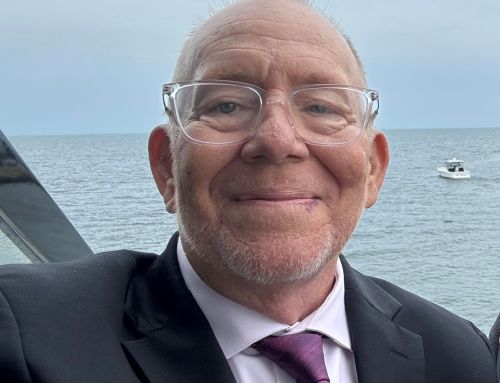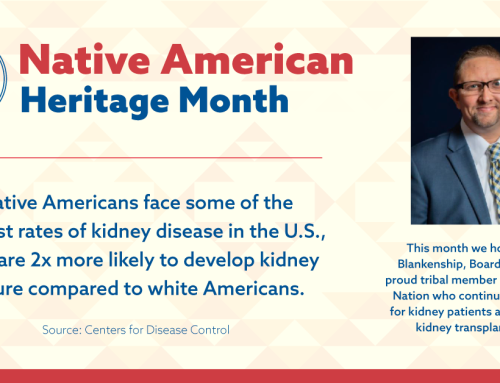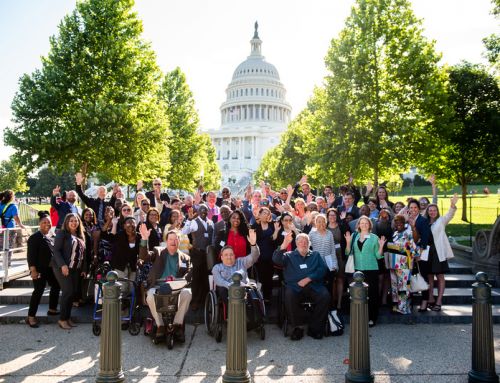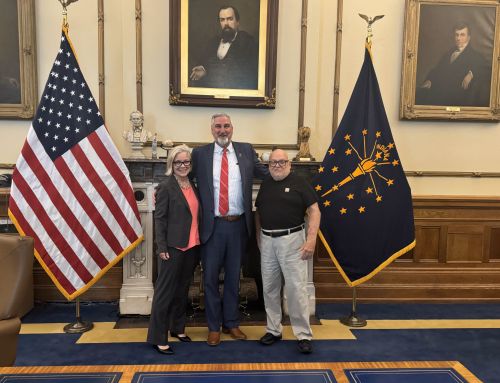- Insurers are prohibited from discriminating based on health factors. Insurers may not require enrollment in Medicare, regardless of member entitlement or eligibility.
- Insurers providing information to members regarding Medicare benefits must ensure the information provided is factual.
- Insurer communication about Medicare benefits cannot appear to require enrollment in Medicare or suggest a consumer’s coverage may terminate under their commercial insurance plan.
- In-network dialysis benefits may not be reduced or eliminated due to Medicare eligibility or entitlement.
DPC and Patient Advocates Win Oregon Ruling on Discriminatory Insurance Practices
DPC and kidney advocates won a ruling from the Oregon insurance commissioner against discriminatory language in an insurance policy limiting coverage for ESRD patients. Bob Lee, a DPC Patient Ambassador and ESRD patient, and Hrant Jamgochian, Executive Director of DPC, attended a public hearing on the topic in Salem and presented testimony on behalf of DPC’s membership.
The insurance commissioner ruled:
The DPC testimony highlighted how two private insurers included language in their 2016 policies indicating that ESRD patients would eventually be considered out-of-network patients, a practice that violates federal law. Federal law allows ESRD patients to keep their private insurance for up to 30 months before enrolling in Medicare. Laws also restrict insurance plans from differentiating in plans from ESRD patients and other patients. They also discussed the importance of patient choice and the benefits of private coverage: an increased satisfaction rating, improved access to health care and better financial incentives. Click here to read DPC’s full statement.
Hannah Bracamonte2024-03-29T01:50:31+00:00November 9th, 2015|Categories: Article, Legal Defense, Promote Financial Security, State Advocacy|Tags: Health Insurance Exchange|


























